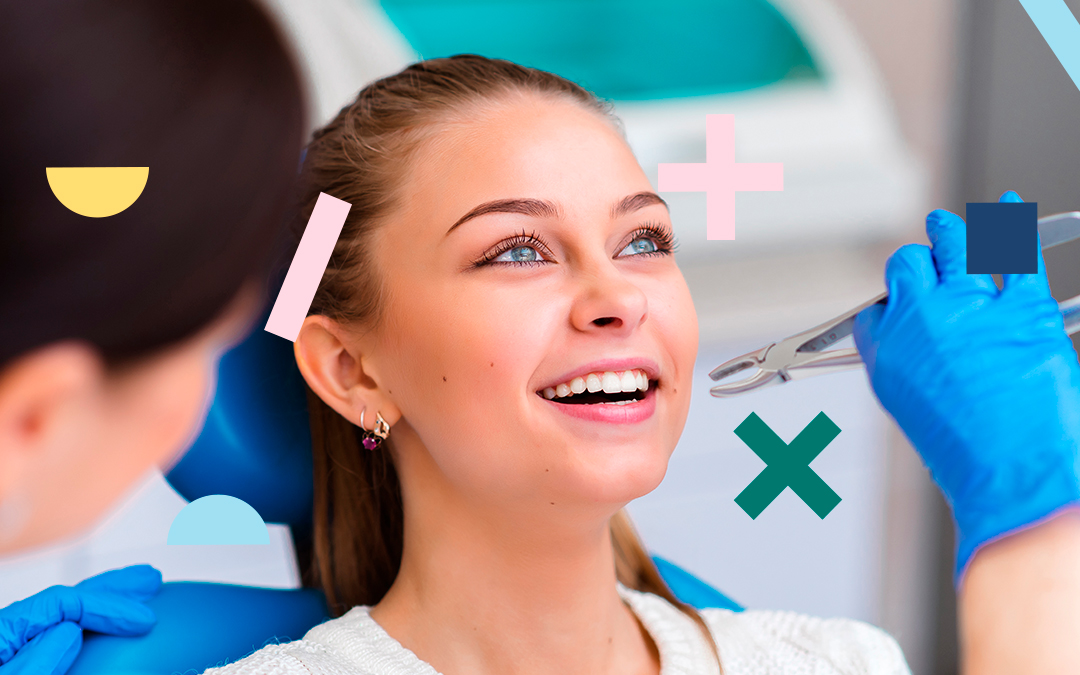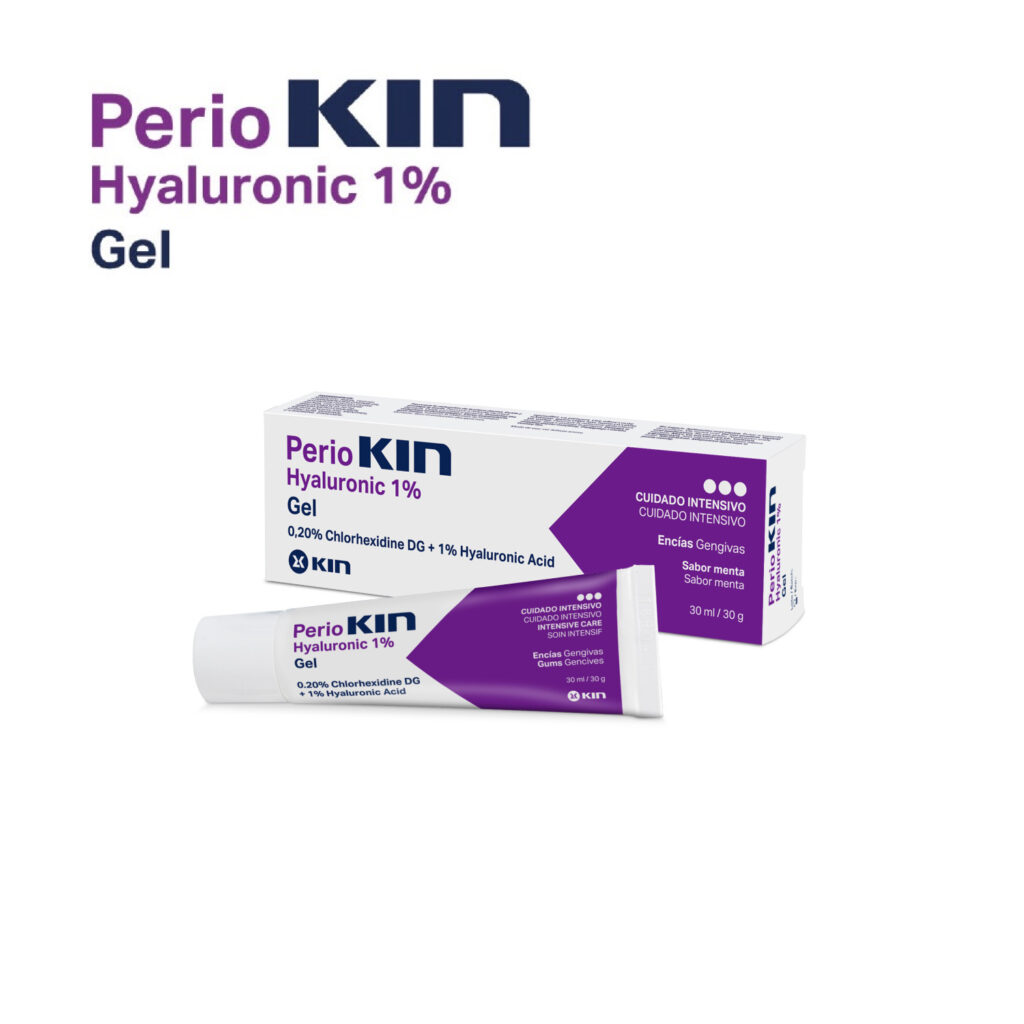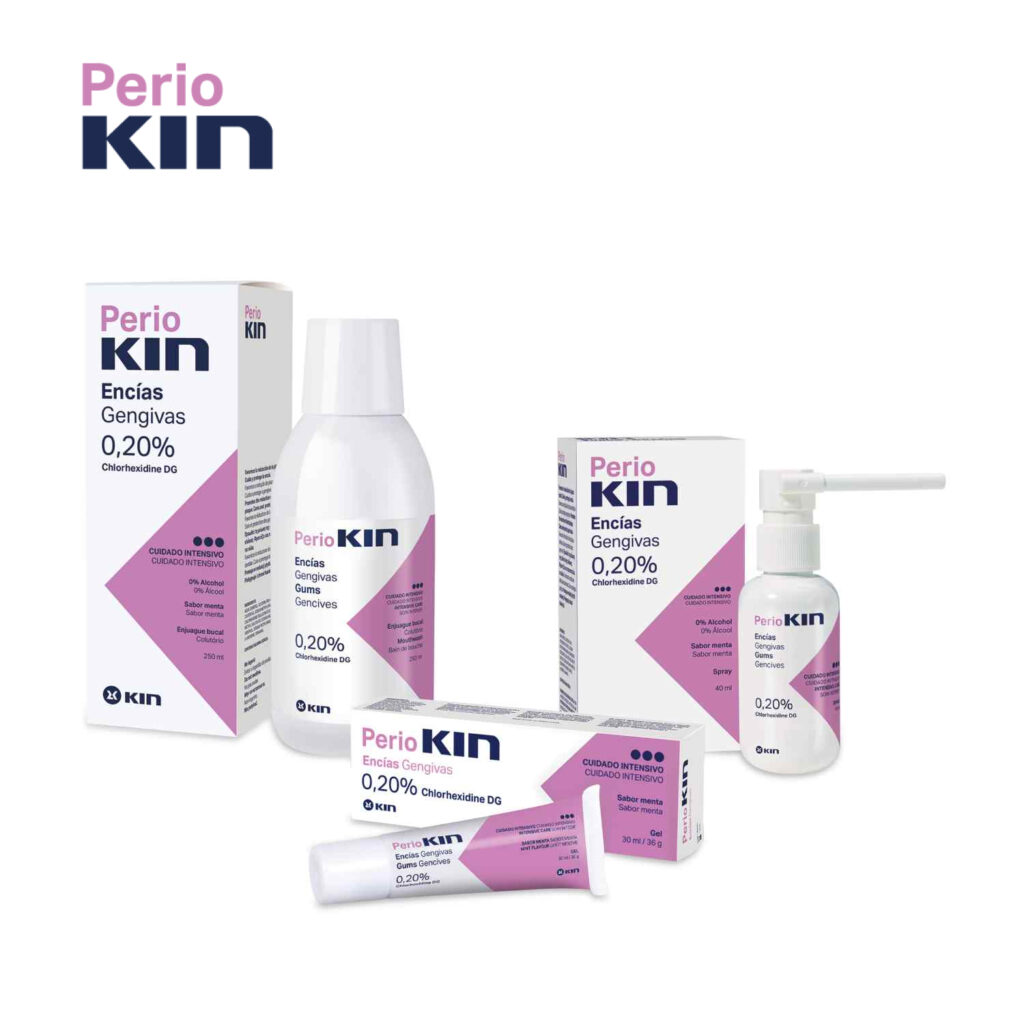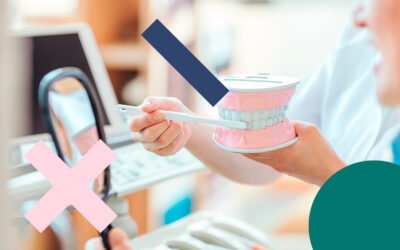The choice of diet after a tooth extraction has a great influence on the patient's rapid recovery. Both in the moments after the operation and in the days that follow, it is necessary to pay special attention to our diet to avoid any unforeseen events and to guarantee a speedy recovery.
Do you have any doubts about what to eat after having a tooth extracted? Discover the recommendations of oral health experts to gradually introduce the right foods.
What are the consequences of tooth extraction?
After tooth extraction, some of the most common symptoms are swelling and bleeding in the affected area. The wound gradually heals, which may take more or less time for each patient.
Generally, the simple extraction of a tooth or a molar without surgery does not require any special treatment other than painkillers.
On the other hand, when a wisdom tooth extraction or any other oral surgery is performed, the mouth remains swollen for 24 to 48 hours after the intervention. There is frequent discomfort when opening and closing the mouth, as well as increased sensitivity to cold or heat.
Post extraction care
Once the tooth extraction has been performed, the patient must follow the recommendations given by the professional. It is important to leave the gauze over the wound for one hour to stop the bleeding. After this time, it should be removed definitively or a clean gauze should be applied if it continues to bleed.
The dentist may also recommend not rinsing for the first 24 hours, allowing the tooth socket to coagulate properly and allow healing to take place.
Following treatment with antibiotics and painkillers prescribed by the specialist, applying cold if there is swelling, and keeping the wound clean, are other basic care after an extraction or surgery.
Can I eat after a tooth extraction?
Yes, it is possible to eat after an extraction. However, the general recommendation is that the patient should wait until the mouth is no longer numb from the anaesthesia to avoid accidentally biting themselves.
Immediately after the operation, and for 24 hours afterwards, there are a number of foods that can be eaten and others that are best avoided.
Recommended foods after tooth extraction
The recommended first meal after tooth extraction should consist of soft foods. Gradually, if the patient feels like it, it is possible to introduce semi-soft foods that can be easily broken or mashed with a fork.
Some of the most recommended foods are the following:
- Apple compote
- Fruit puree
- Banana chips
- Vegetable creams
- Egg or minced fish
In order to alleviate post-intervention symptoms, cold or warm food is more pleasant for the patient.
It is essential to stay hydrated by drinking plenty of water, as well as other healthy drinks in the form of natural juices or soups. Maintain a healthy mouth with daily care routines.
Discover our products for daily oral care

What foods to eat the first week after an extraction?
In the first few days, especially when it is a major operation such as the removal of wisdom teeth, food should be kept as much as possible soft . Gradually, soft and semi-soft foods at a rather warm temperature can be introduced.
The best foods to eat after an extraction are creamy cheeses, jellies, sliced bread, cereal porridges, vegetable purees, soup, cooked mashed vegetables, shredded chicken and eggs. In short, nutritious foods that help the patient's healing and recovery.
What foods to avoid after an extraction?
As important or even more important than the foods that can be eaten after a tooth extraction are those that are not at all recommended. There are some foods that due to their temperature, hardness or composition do not favour and delay the healing of the wound.
Foods that should not be eaten after surgery or tooth extraction include the following:
- Hard and crunchy foods that may rub against the wound when chewing.
- Small or granulated foodstuffs, as they could get trapped in the extraction gap.
- Spicy or acidic foods that irritate the affected area.
- Hot food.
- Sweets, soft drinks, coffee, tea and stimulant drinks, which can delay healing.
- Alcohol and tobacco.
If in doubt, it is always best to seek advice from your dentist or surgeon to ensure that you follow the correct hygiene and post-extraction care guidelines to ensure a speedy recovery.


 How to relieve pain with newly placed braces?
How to relieve pain with newly placed braces? How to keep your breath fresh?
How to keep your breath fresh? 10 Tips to take care of the oral health of the little ones
10 Tips to take care of the oral health of the little ones




